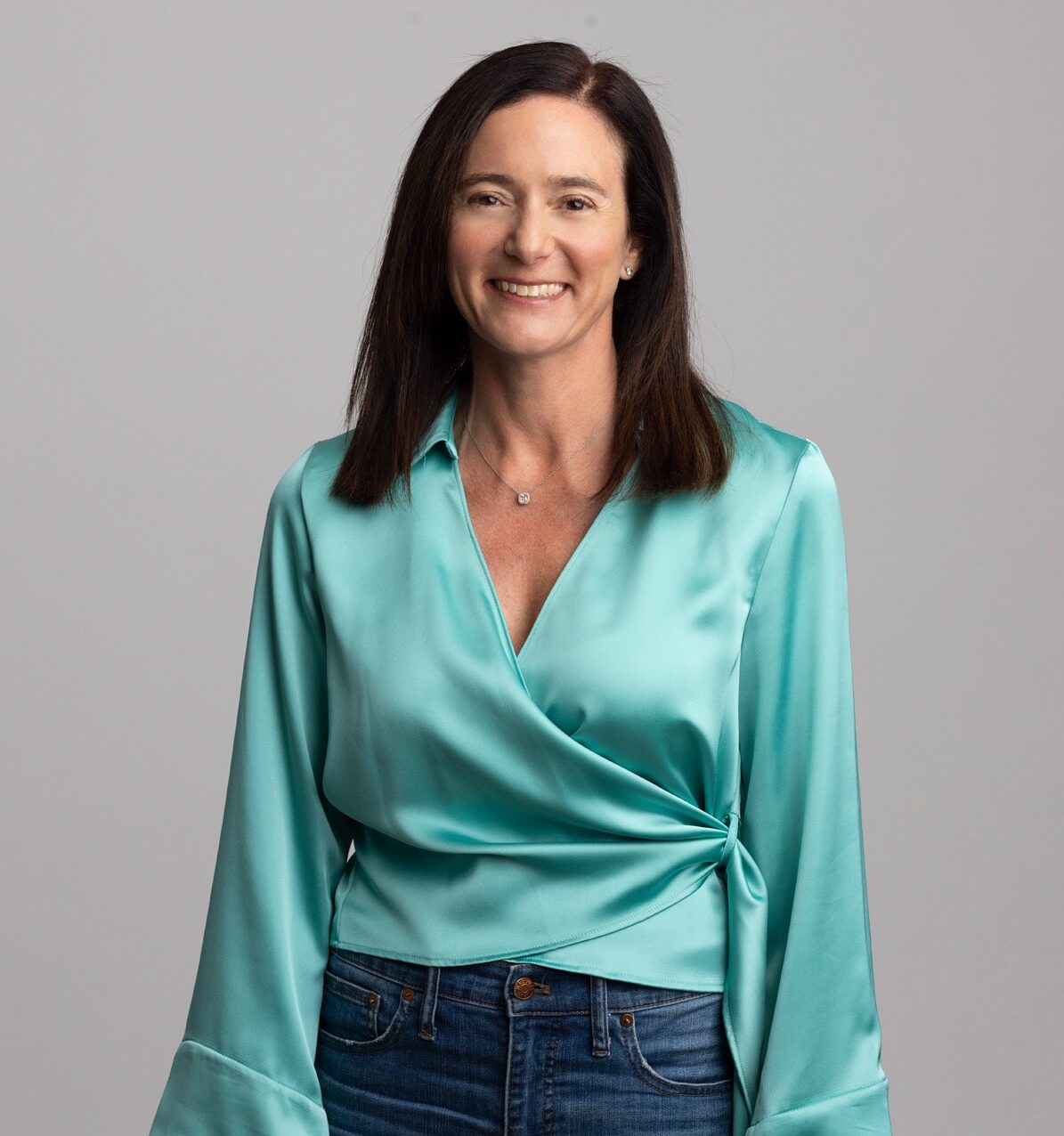Women earn about 60 percent of undergraduate and master’s degrees in the United States but hold just 12.3 percent of corporate board seats.
This stark fact set the tone for the third Norwest Venture Partners Female Founders event, which focused on how women can build strong boards—and how they may position themselves to change the statistics.
The event was held last week at the Bluxome Street Winery in San Francisco and was attended by more than 100 entrepreneurs, investors, and journalists. The panel discussion featured the CEOs of three companies who also serve on boards: Sukhinder Singh Cassidy, CEO of e-commerce company Joyus and founder of Boardlist, a resource that introduces prospective women board members to early-stage tech startups; Lorna Borenstein of fitness site Grokker; and Bethany Mayer of security company Ixia. They were joined by Mercedes Chatfield-Taylor, who leads executive and board member searches as a managing partner of Caldwell Partners’ Venture Capital Practice. Norwest General Partner Sonya Brown, whose current investments and board seats include women-led or -founded businesses Bailey 44, My Alarm Center, Kendra Scott Design, PCA Skin, and Madison Reed, moderated the session.
Operate Through Change
Mercedes said companies typically recruit board members for a particular skill set or experience in operating through change. Bethany, who before founding Ixia was an executive at Hewlett-Packard and Cisco Systems, said auto parts manufacturer Delphi Automotive recently recruited her to its board because it’s moving into vehicle technology. Likewise, Sukhinder said she recently added Dean Gilbert, the former global head of content and operations at YouTube, to the board of Joyus because of its focus on video content.
The panelists agreed that deep subject matter expertise is probably the quickest path to board membership for women, in part because the position of CEO—the title most typically held before joining a board—is dominated by men. Only 4.6 percent of CEOs in U.S. Fortune 500 companies are women.
To women she recruits from other senior roles, she says, by joining a board, “You’ll be a better operator, you’ll be a better CEO, a better product person, a better entrepreneur because you’ll have exposure to people who are doing it differently and well.”
And to any woman interested in joining a board or breaking into the CEO role, Mercedes recommends taking the initiative and making her intentions clear. Don’t wait for someone to call you, she said. “As soon as you’ve got some expertise to offer, put yourself out there. Maybe it takes two or three years to get on your first board. Who cares? Put yourself out there because by the time you’re ready, you’re way ready.”
Lorna agreed with the notion of putting yourself out there in general. “Do a gorgeous belly flop,” she advised. “It’s better than not doing it at all.”
Mercedes agreed. “I am amazed how many times I sit down with unbelievably accomplished women, and I go through what it is they’re doing now and what they aspire to do,” and they say, “Oh, I’m too busy for boards.’”
Cultivate Your Relationships
Bethany relayed the approach of MetricStream CEO Shellye Archambeau. As a general manager at IBM, Shellye “decided to just tell everyone she knew that she wanted to be a CEO…By being open with what she wanted over a period of time—and I don’t know how significant that was—she eventually became that,” she said. “So I think to some degree, it is saying, ‘this is what I want to do,’ and talking to your network and also cultivating relationships [with] companies that you know do board searches.”
The panelists also offered advice on how to fill out a board.
Lorna, who sits on the board of apparel company Icebreaker, said it’s critical for a CEO to push through the fear of losing control of her company when filling board seats.
Relaying her experience with Grokker, she said she seeks board members “who I feel will be with me when things get really bad and awful.” A board member, she said, “must be a passionate user of your product.”
He or she must also be willing to lead a down round, she said. “For someone to look you in the eye and say, ‘I will lead a down round’—that’s a pretty good indicator” of their commitment to your company’s success.
“I’m not looking for someone who’s brilliant at product,” Lorna said. “I’m not looking for someone who’s brilliant at sales. It’s ‘Are you going to be there when things get really tough, and will you call in favors to help me build this business?’”
Board Harmony is Key
Creating a balanced board dynamic is also important, Bethany said. Someone who inflicts too much of his or her own will can put a company in jeopardy. “If you have folks who conflict too much, it becomes a very dysfunctional environment, and it’s not helpful to the company at all.”
To that end, Lorna advocated choosing board members from your own circle.
“When I decided to add an independent board member, I went right to my friends. I went, ‘Hmm, who do I want?’” she said. “I think if you’re lucky enough to have a network of friends who would do a good, job, absolutely” recruit them to your board.
Yet, no matter how harmonious the board, Bethany advocated for diversity.
Citing research and her own experience, she said, “Whether it’s gender diversity or any kind of diversity, it has a very positive impact on profitability of the company and the continued success of the company. You do bring different things to the table.”
So, until the next panel of this series, we would like to thank our accomplished and informative panelists for participating and everyone who attended the event last week.
For more information and data on this topic, please refer to the Center for American Progress and Catalyst.


